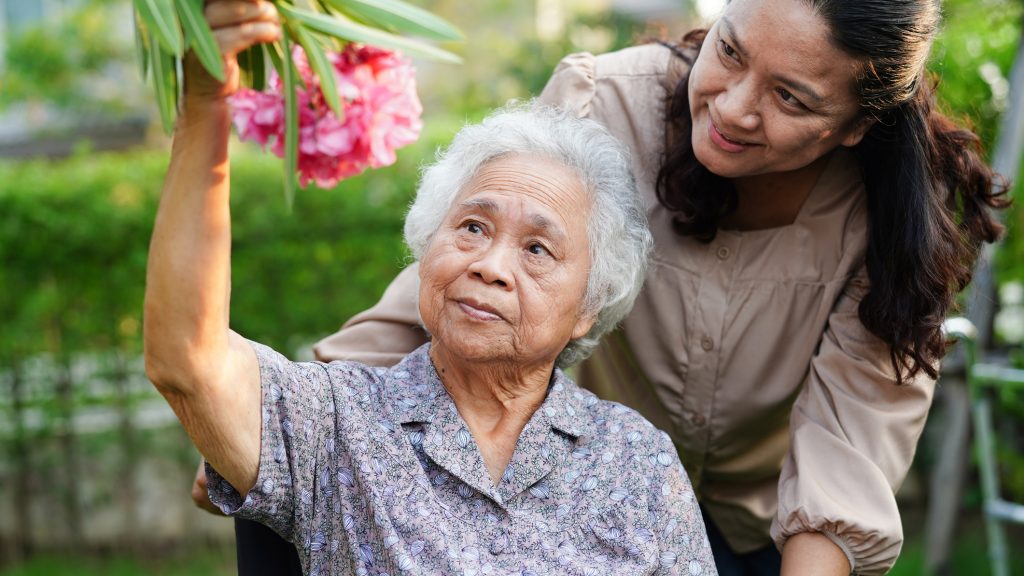Mapping Out Healthcare: Transportation Demands for Elderly and Caregivers
As grows older, the importance of assisting seniors and their family caregivers becomes increasingly evident. Caregivers play a vital role in the lives of the elderly, often managing multiple responsibilities, such as overseeing medical visits, daily activities, and social engagement. Yet one of the most pressing obstacles they face is securing reliable rides for their loved ones.
Providing transport for older adults can be a daunting task, especially for those with physical challenges or difficulties accessing public transportation. Without adequate transportation, seniors may fail to keep essential healthcare meetings, fall out of touch with friends and family, or forfeit social engagement that enhance their overall well-being. By planning care and understanding the specific transit needs of the elderly, we can effectively prepare caregivers with the resources they need to overcome these challenges successfully.
Comprehending the Mobility Challenges
A significant number of seniors face major transportation issues that can obstruct their autonomy and availability of essential services. As mobility declines with age, relying on public transit can turn intimidating, especially for those with mobility limitations or intellectual impairments. Moreover, the availability of appropriate transportation options often varies by location, leaving numerous seniors feeling cut off or unable to participate in doctor's appointments, community events, or even complete daily activities.
Caregivers often end up caught in the crossfire of these transportation predicaments. They frequently manage their own commitments while trying to make sure that the seniors they assist can reach necessary sites. This can include coordinating rides, navigating intricate public transport systems, or even providing private transportation, which can increase the caregiver's stress and time management challenges. The lack of consistent transportation alternatives can reduce the quality of life for both seniors and their caregivers.
Adding to these issues is the economic aspect of transportation for seniors. A significant number of seniors are on restricted incomes and may have trouble to afford transportation solutions, whether that is through public transit fares, taxi services, or private caregivers providing rides. Without affordable, accessible transportation, seniors may overlook essential health care appointments or feel disinclined to engage in community activities. Tackling these transportation challenges is crucial for enhancing the quality of life of seniors and supporting their caregivers in maintaining a higher quality of life.
Caregiver Assistance Services Summary
Caregivers' assistance programs play a critical role in improving the quality of life for seniors and their family members. The services provide necessary support that help caregivers manage their duties while ensuring that seniors receive the necessary care and attention. Support can come in various forms, including education, temporary care, therapy, and financial assistance. By offering these types of resources, caregiver support services aim to alleviate some of the hardships faced by those who provide care to senior loved ones.
A lot of caregivers frequently experience physical and emotional strain, which can lead to fatigue. Caregiver support services address this issue by offering temporary care, allowing caregivers to take breaks and recharge. caregiver support services and transportation for seniors can include professional home-based care or senior day programs where older adults can engage in events while their caregivers take time for self-care. This not only benefits the family caregivers but also allows seniors to socialize and take part in enriching activities, fostering their mental and mental well-being.
Moreover, caregiver support services commonly include educational programs that provide training on how to manage specific health conditions, effective communication techniques, and strategies for ensuring safety at home. By equipping family caregivers with the knowledge and tools they need, these services empower them to provide higher quality care for older adults. Building a network of support through community organizations can also join caregivers with others who share similar experiences, creating a important support system that fosters common learning and emotional encouragement.
Materials for Accessible Transit

Identifying accessible transit choices is vital for seniors and their caregivers. Numerous localities present tailored solutions that cater to the requirements of aged adults, such as regional transportation services with senior discounts and suitable vehicles. It's necessary to research these options in your area, as they can dramatically ease the challenges of travel for elders who may have mobility challenges. Entities like Area Agencies on Aging often supply essential details about regional transit resources, ensuring that elders can obtain essential services like doctor appointments, grocery shopping, and community events.
In moreover to public transportation, several non-profit organizations and volunteer programs facilitate transport for elderly individuals. These programs typically rely on neighborhood volunteers willing to drive seniors to their preferred destinations, offering a personalized and pleasant experience. Arranging a trip in advance can aid guarantee that seniors receive the support they need when they need it. Relatives must engage these networks to offer consistent transit and reassurance to their friends.
For those seeking for technology-based approaches, several software and services serve specifically to older adults and their aides. Ride-hailing applications now offer features to support older adults with tools like in-app safety alerts and user-friendly interfaces. Moreover, some organizations offer transit particularly designed for health-related visits, allowing easy arranging and monitoring of transportation. Looking into these technological advancements can boost the movement of elders, granting more freedom and reducing isolation.